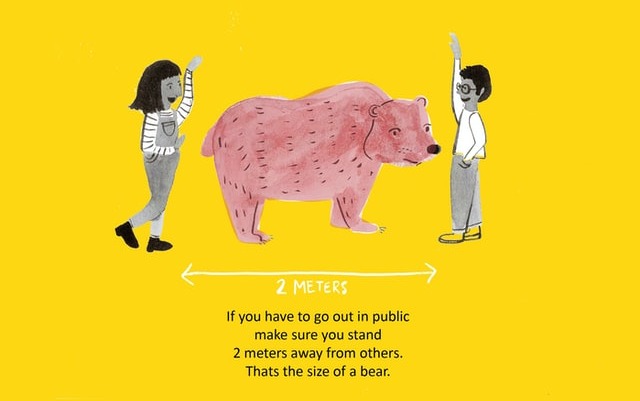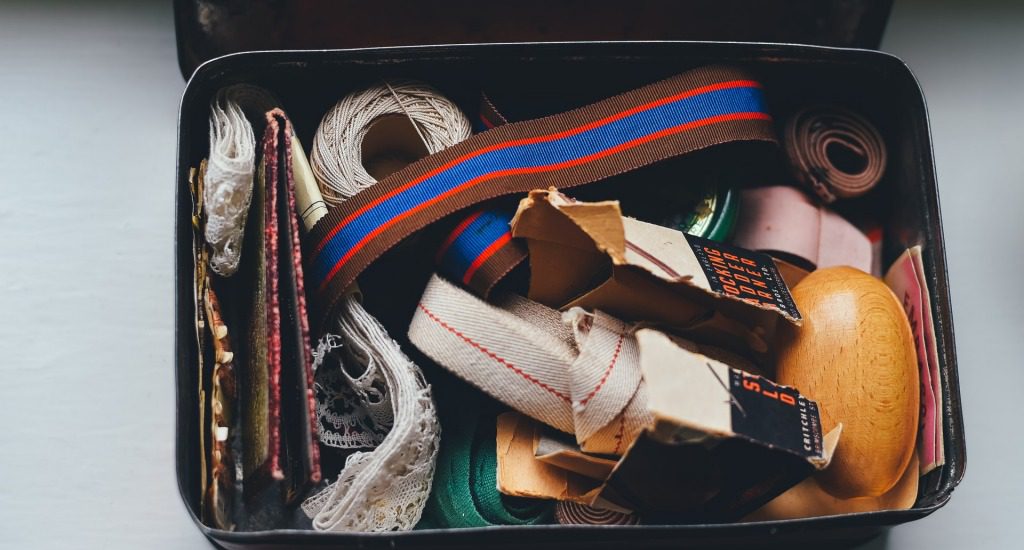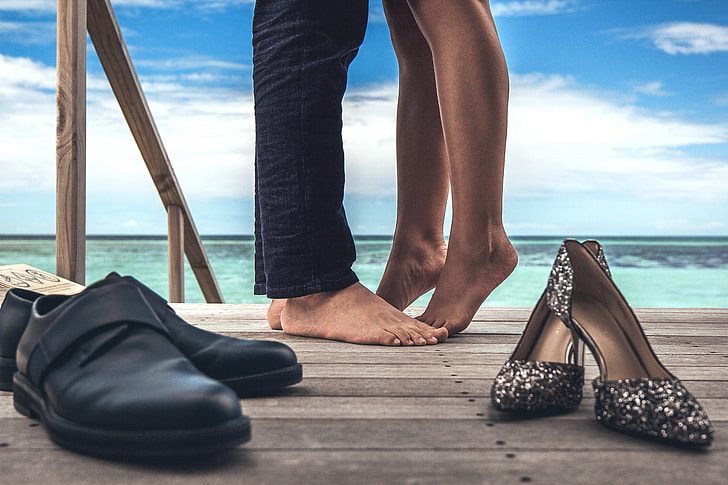With summer around the corner, most travel destinations are starting to consider safely welcoming visitors after the global corona-virus (COVID-19) pandemic. However, public health officials say the best way to avoid getting ill is to stay at home.
But if you’re planning on a long driving trip in the age of COVID-19 and are willing to look past the possible risks, here are five tips that can help you travel safely.
1. Map Out Roadways in Advance
At the moment, before loading your universal roof rack with luggage, planning your route early enough is essential, and safeguard your health with health insurance & your vehicle with auto insurance. According to the Centers for Disease Control and Prevention, it’s a good idea to evaluate your area’s condition and travel destination. You wouldn’t want to be inconvenienced by temporary closures, would you? Plan out the routes you’ll be going through and always get in the know about travel advisories if there are any.
You also run the risk of being exposed to or spreading the corona virus while traveling through other transportation venues and rest stops. Also, health officials advise that anyone close to an infected person in the past two weeks or suspects that they may have COVID 19 should not embark on any journey.
It’s also wise considering whether you will be near someone whose chances of getting seriously sick from the corona virus-like older people and those with underlying conditions.

2. Know What to Pack
Getting your supplies in place is next on the list. Don’t forget to include water, medicine, and food in case stores are closed. Health officials also recommend carrying personal protective equipment (PPE) cloth face coverings, sealable disposable plastic bags, disinfecting wet wipes, and hand sanitizer that contains at least 60 percent alcohol.
Health professionals advise wearing disposable gloves whenever you’re in high-traffic roadside stops such as public bathrooms and gas stations. After washing your hands, always avoid touching fixtures like the door handle or faucet.
While on the road, pay for gas with cards and avoid cash to get rid of any face-to-face interaction needed for a cash transaction. You can also clean your cards with a disinfectant wipe after use. It would be helpful to treat everyone as a potential carrier so that you can be more careful when traveling.
3. Get Medical History
Your medical history is what you need in the current situation. Ensure that you have the necessary documents to prove that you haven’t contracted an illness that might show that you were a carrier of the virus. It’s best to have the latest records from the past fourteen days to help you get past the checks hustle-free.
4. Remember the Guidelines
Keep in mind the fundamental guidelines to ensure your safety since you’re always going to put yourself at risk when you’re leaving your home. Pandemic restrictions vary from region to region, so it will be great to carry out due diligence to ensure your destination is open. Also, get to know what quarantine measures may be necessary and what rules have been set aside for residents and visitors.
Always avoid stepping into crowded places, avoid touching people or things, and maintain a safe distance of about two meters from everyone. Don’t use other people’s belongings and wash your hands regularly.
Touching common surfaces, keeping interaction with others to a minimum, and making fewer stops on the road will go a long way toward keeping you safe. Sticking to these precautionary measures will guarantee your safety while on the road.

5. Thinking of Sleeping Over?
Calling in advance to confirm your reservation in case you need to spend the night is always a great idea since most hotels are now closed. The American Hotel & Lodging Association, AARP, has guidelines that outline strict cleaning procedures for everything from toilet faucets to elevator buttons.
Even with such measures in place, the Centers for Disease Control and Prevention (CDD) recommends carrying and using your sanitizing supplies on surfaces that are frequently touched. These ‘high-touch’ surfaces in your room include:
- Counter-tops
- TV remote
- Bathroom fixtures
- Interior handles and doorknobs
- Light switches
- Phones
Hotels are filled with travelers from all over the place, so your chances of coming into contact with other people are incredibly high. If you plan on staying for several days, it’s advisable to do away with housekeeping services. This will allow you to control the number of people who regularly visit your room during your stay.
Additionally, you should be mindful of how you get your meals while staying in a hotel. Room service, in this case, may be safer than going downstairs to a crowded restaurant. Another spot that should be avoided is the gym. There are many different surfaces that gym-goers regularly touch, often with sweaty hands. For this reason, it will be best to find other ways to get your workouts. Taking this step will ultimately decrease the risk of transmitting the deadly virus.

The Bottom Line
If you have to travel, follow these steps to ensure that you travel safely amidst the COVID 19 pandemic. In the event that you feel unwell, always reach out to relevant medical services immediately, and isolate yourself from others. Remember that you can still be a potential carrier and a threat to those around you as well. So be careful and stay safe always!
Reference Links
- https://www.aarp.org/travel/travel-tips/safety/info-2020/road-trip-safety-during-coronavirus-pandemic.html
- https://www.newsobserver.com/news/coronavirus/article242921891.html
- https://www.washingtonpost.com/travel/tips/heres-what-experts-want-you-know-before-taking-road-trip-during-pandemic/
- https://timesofindia.indiatimes.com/life-style/health-fitness/health-news/how-to-protect-yourself-from-coronavirus-while-travelling/photostory/74443355.cms?picid=74443531


